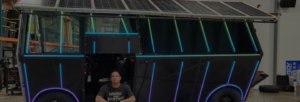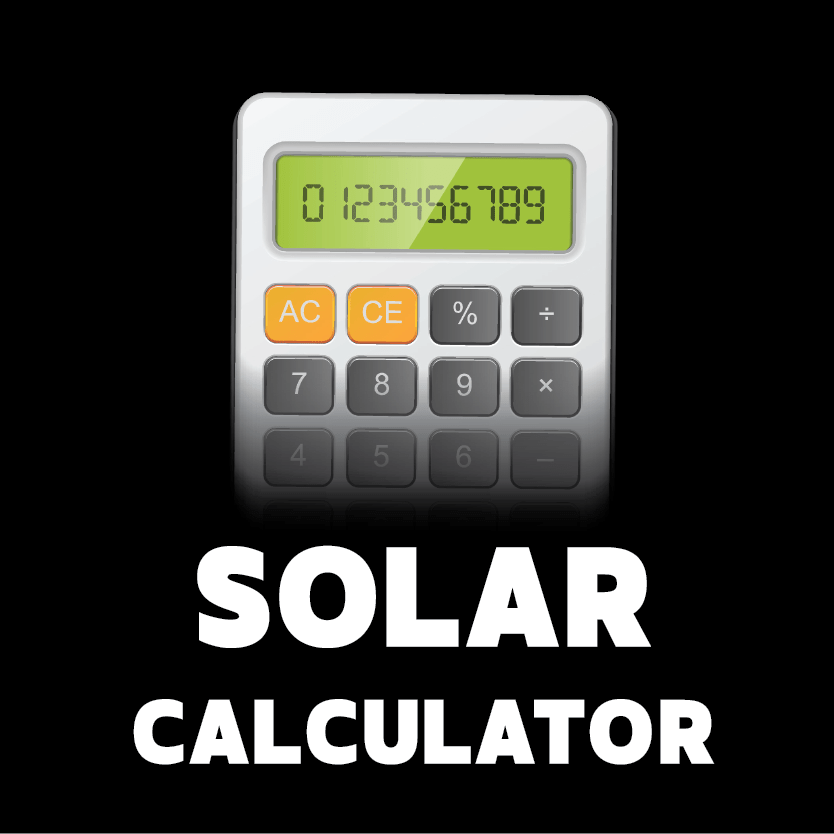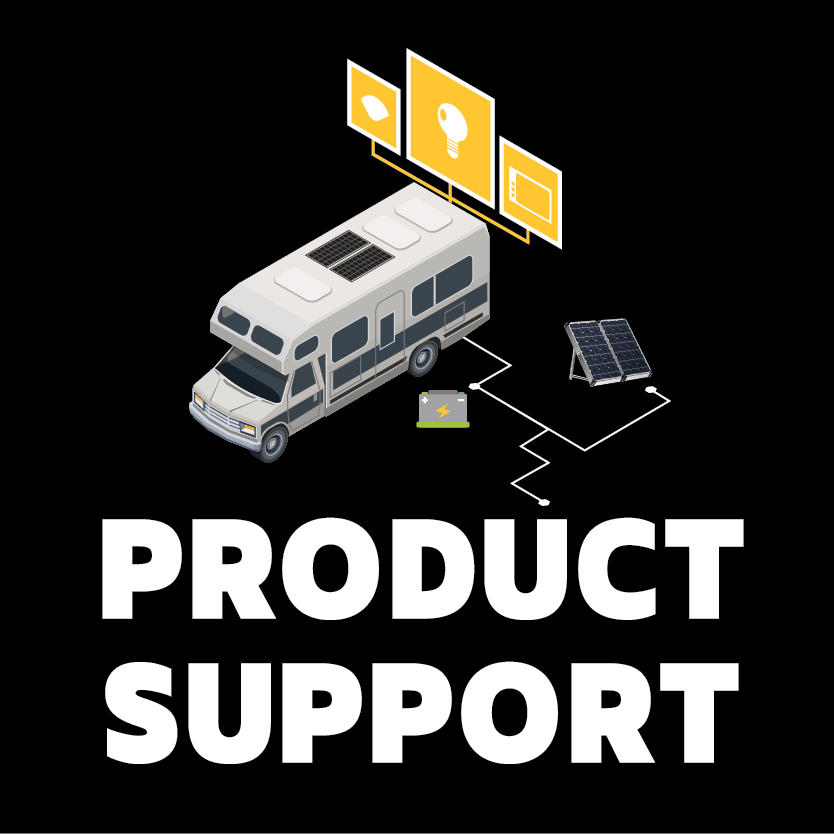Off-Grid Power – Air Conditioners Solar power and lithium battery technology have revolutionized the way...
Read MoreSolar Sizing for Your RV & mobile home - how to choose the right system
GO POWER! HAS A NUMBER OF WAYS TO HELP YOU FIND THE RIGHT SYSTEM FOR YOUR RV, BOAT OR WORK TRUCK. OUR ONLINE CALCULATOR, SIMPLE SIZING CHART OR SOLAR SIZING WORKSHEET WILL PROVIDE YOU WITH GO POWER! MOBILE POWER EQUIPMENT RECOMMENDATIONS BASED ON YOUR SPECIFIC POWER USAGE.
AT GO POWER! WE PROVIDE A NUMBER OF WAYS TO HELP YOU DETERMINE THE RIGHT SYSTEM FOR YOUR RV. OUR ONLINE CALCULATOR, OR SOLAR SIZING WORKSHEET WILL ALL PROVIDE YOU WITH RECOMMENDED GO POWER! SOLUTION CONFIGURATIONS BASED ON YOUR SPECIFIC POWER REQUIREMENTS.
Simple Solar Sizing
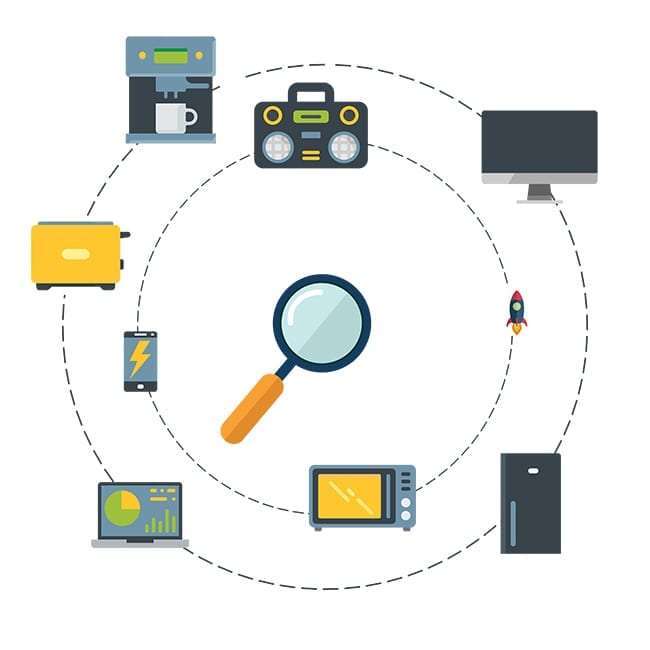
Step 1: Identify the DC and AC power appliances and # of hours each runs / day.
Using the tables on the Solar Sizing Sheet, start adding up your daily power draws. Click here to download our Solar Sizing Worksheet
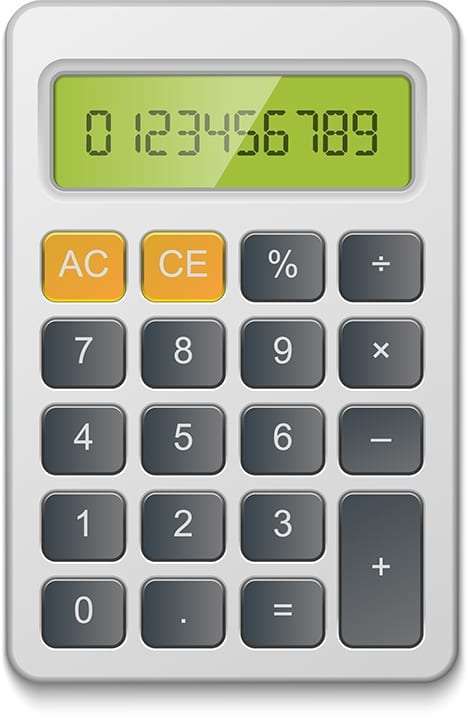
Step 2: Calculate the Total Weekly Amps
Multiply total amp hours per day by the number of days per week (i.e.: weekend camping: multiply total amp hours x 2 days, full-time camping: multiply total amps per day x 7 days).
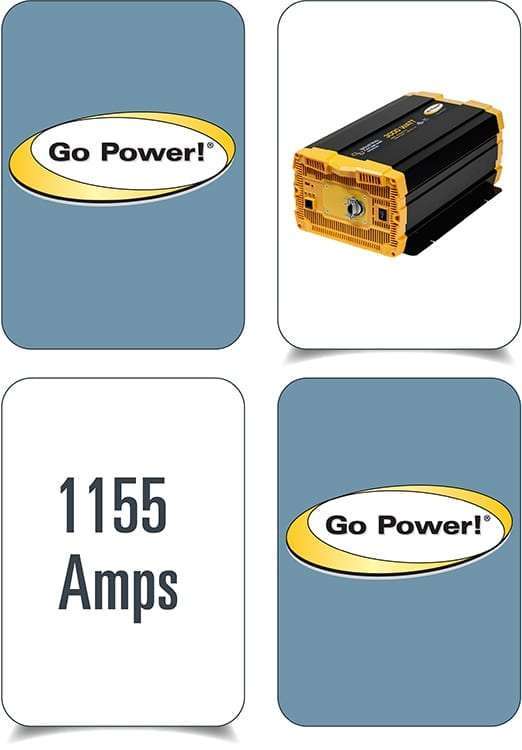
Step 3: Match your Total Weekly Amps with a product
Find your perfect solar solution!
The values on our Solar Sizing Worksheet assumes typical power output is based on 6 hours charging per day and will vary at different times of the year, by location, and with varying weather conditions. For more accurate sizing, including using your location, click here to visit our online calculator tool.
LATEST NEWS
Watch product troubleshooting videos, read the latest in company updates, and stay up-to-date on trade-shows and events.
Creating the Ultimate Solar-Powered Car
Few people have a more diversified portfolio when it comes to custom car builds than...
Read MoreGo Power! Wins Gold in
Go Power! Wins Gold for Favorite RV Solar Product in the 2024 Wildsam Reader’s Choice...
Read More
STAY UP TO DATE
Get news, product specials, and event invites directly to your inbox.


